Search Results
Showing results 61 to 80 of 105
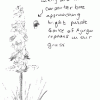
Nature Drawing
Source Institutions
In this family or group activity, learners create a nature journal by visiting a local nature center or backyard, observing creatures in their natural habitats, and sketching what they see.
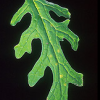
Nature Walk
Source Institutions
In this activity, learners take an indoor nature walk and discover various objects that have been brought in from the outdoor environment.
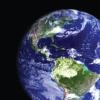
Earth Art
Source Institutions
In this activity, young learners will model land and water on the Earth's surface to make a unique piece of "Earth Art." Activity includes materials list, step-by-step instructions, STEM connections a
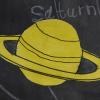
Solar System on a Stick
Source Institutions
Learners build a model of the planets in the solar system. In their model, the planets are spaced in their relative distance from the Sun.
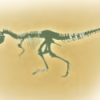
Digging Deeper!
Source Institutions
In this activity, learners explore dinosaur skeletons and anatomy. Learners make observations about a T. rex skeleton diagram and then measure the skeleton length and width.
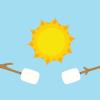
Cooking With the Sun
Source Institutions
In this activity, learners build a simple solar oven out of household materials to melt chocolate and marshmallow between graham crackers--known as s'mores.
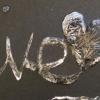
Crystal Painting
Source Institutions
In this activity, learners will "paint" their own crystal artwork by creating a picture with a super saturated salt solution.
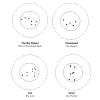
Constellation Scope
Source Institutions
In this activity, young learners explore the basic shapes of constellations by making their own scope out of a cardboard tube and paper with pinpricks.
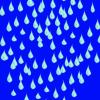
Go with the Flow
Source Institutions
Learners draw comic-style pictures to show the water cycle. From a starting picture, one learner draws what happens to the water in the next panel, then passes the comic strip to another learner.
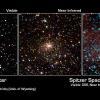
Colors of Stars
Source Institutions
In this activity, learners observe colors in the flame of a burning candle to explore connections between matter, light, color and temperature -- basic concepts of matter and energy.
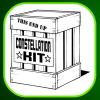
Constellation Chamber
Source Institutions
Learners build 3D representations of constellations, which show not just the position of the stars as seen from Earth but also their relative distance from Earth.
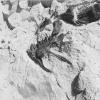
Fossil Dig Site
Source Institutions
In this activity (located on page 5 of PDF), learners work in groups to create dig sites for display.
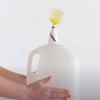
Rocket Mice
Source Institutions
In this activity, learners will make a model rocket to test the phrase "what goes up must come down." Learners will power their rockets with air pressure, and soon discover the effects of air resistan
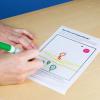
Exploring the Universe: Imagining Life
Source Institutions
“Exploring the Universe: Imagining Life” is a hands-on activity in which visitors imagine and draw an extreme environment beyond Earth, then invent a living thing that could thrive in it.
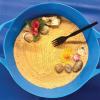
Zany Zen Garden
Source Institutions
In this activity, learners will turn an ordinary tray of sand into a desk-top garden for meditation.
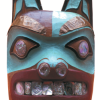
Who Do You Think You Are?
Source Institutions
In this activity, learners use maps to locate the Northwest Coastal region.
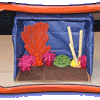
Create a Coral Reef
Source Institutions
Educator Amy O'Donnell from the American Museum of Natural History guides learners to create a diorama of a coral reef.
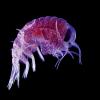
Plankton Races
Source Institutions
In this two-part activity, learners investigate buoyancy, density and surface area as well as biodiversity and the relationship between the structure and function of organisms.
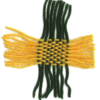
The Web of Life
Source Institutions
In this activity, learners examine ways that Native Americans of the Southwest express their relationship with nature through art.
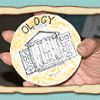
Mint Your Own Coin
Source Institutions
Coins are everyday objects which tell a lot about the people who use them.
